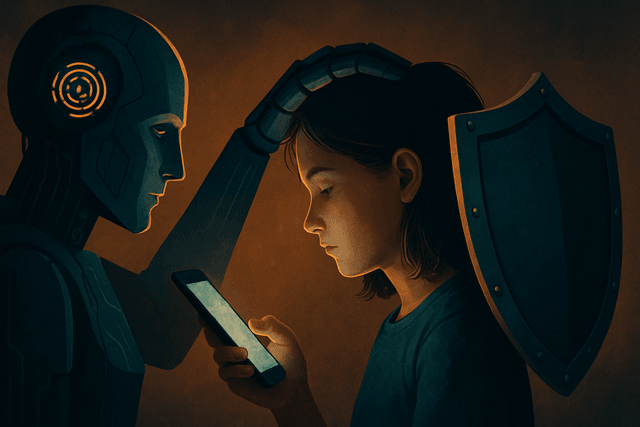The American Psychological Association (APA) has issued a significant health advisory highlighting both the opportunities and risks artificial intelligence poses to adolescent development and well-being.
The report, titled "Artificial Intelligence and Adolescent Well-being: An APA Health Advisory," emphasizes that AI is neither inherently beneficial nor harmful but requires thoughtful implementation to ensure adolescent safety. Dr. Mitch Prinstein, APA Chief of Psychology who led the report's development, noted concerning trends where teens have formed potentially dangerous relationships with AI chatbots, sometimes without realizing they're interacting with non-human entities.
"We have already seen instances where adolescents developed unhealthy and even dangerous relationships with chatbots," Prinstein explained. "Some adolescents may not even know they are interacting with AI, which is why it is crucial that developers put guardrails in place now."
The advisory outlines several key recommendations, including establishing healthy boundaries with simulated human relationships, creating age-appropriate defaults in privacy settings, limiting access to harmful content, and protecting adolescents' data privacy. The report specifically calls for transparency, human oversight, and rigorous testing of AI systems that interact with young users.
Unlike adults, adolescents are less likely to question the accuracy and intentions behind information provided by AI systems, making them particularly vulnerable to manipulation. The advisory stresses that AI can offer valuable educational benefits when properly designed, such as assisting with brainstorming, creating, and synthesizing information—all of which can enhance learning and retention.
The APA report urges stakeholders to learn from past mistakes with social media, where safety considerations often came after widespread adoption. "It is critical that we do not repeat the same harmful mistakes made with social media," the report states, advocating for comprehensive AI literacy education integrated into core curricula with national and state guidelines.
As AI becomes increasingly embedded in daily life, this research represents a timely call to action for developers, educators, policymakers, and parents to collaborate in creating a safer digital environment for young people navigating an AI-powered world.

